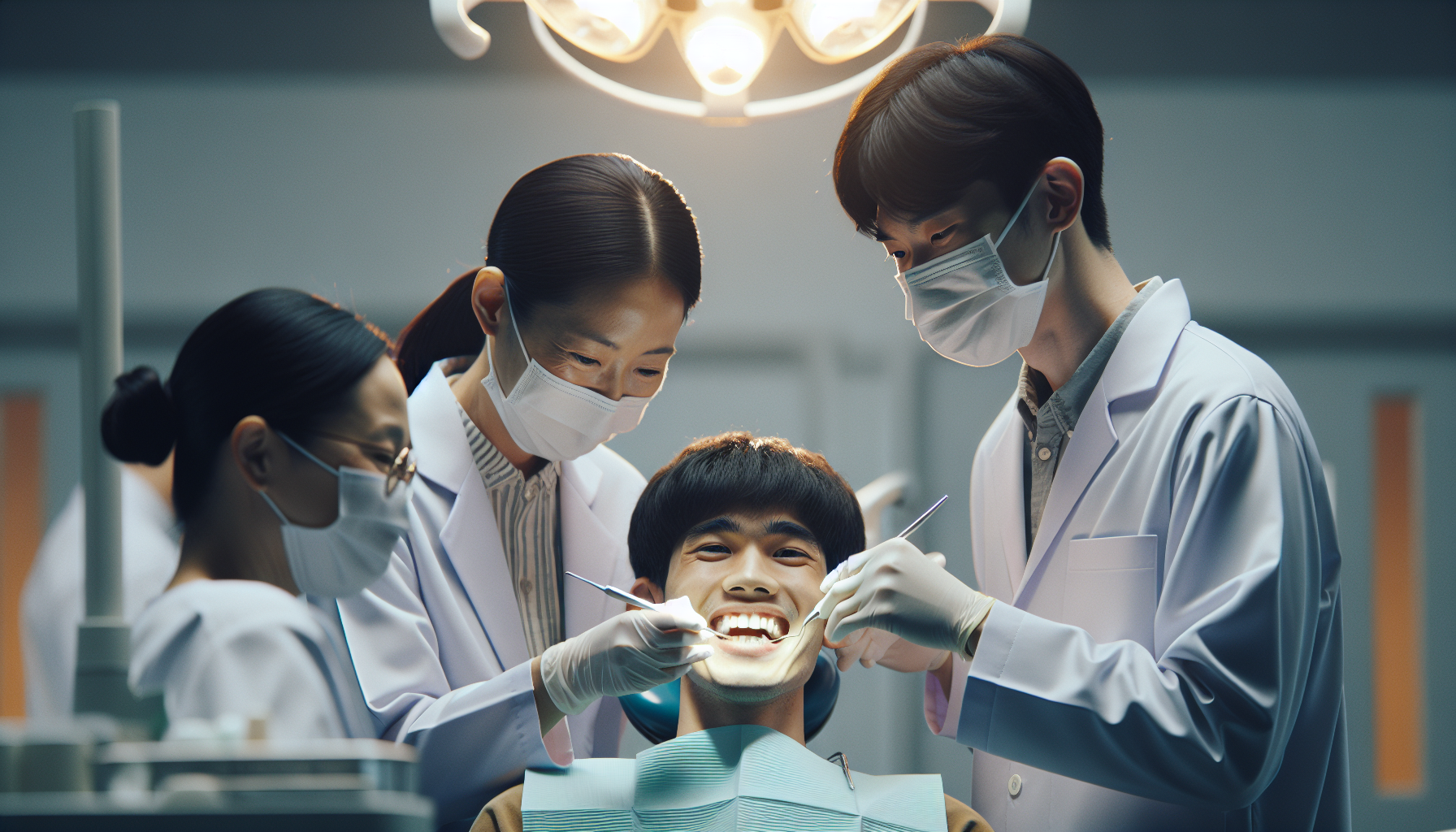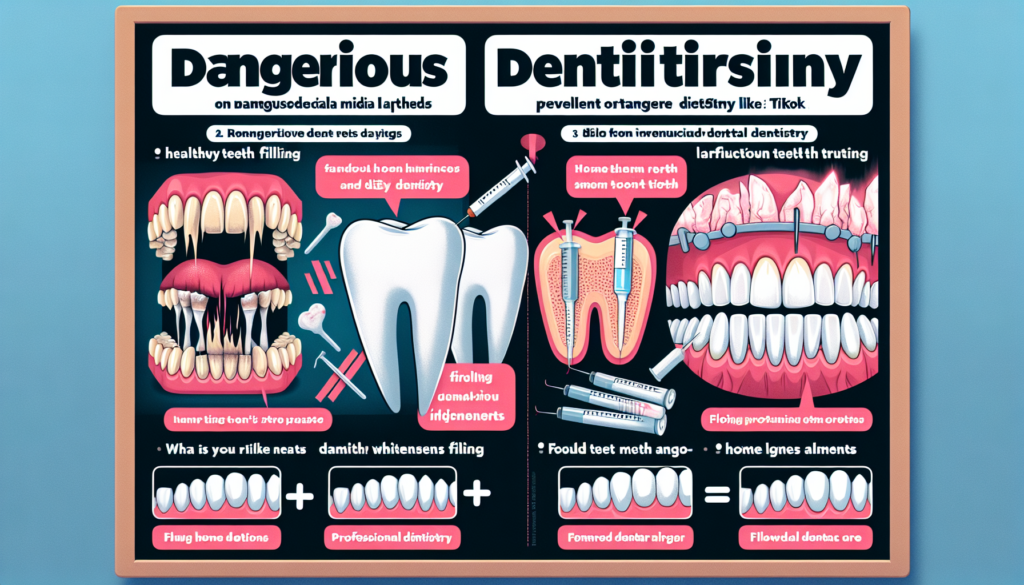Japanese Dentists Bring Innovative Oral Health Education to Vietnam Schools
Just like small daily habits can transform your life, consistent dental habits can create a lifetime of confident, healthy smiles. Learn more in The Habit Method.
In an inspiring display of cross-border collaboration, Japanese dental professionals are teaming up with schools across Vietnam to provide students with engaging oral health education and free dental checkups. This partnership brings together Japan’s proven preventive care ethos with Vietnam’s growing commitment to child wellness—strengthening global health through education, empathy, and community connection.
The Mission Behind Japan’s Oral Health Initiative in Vietnam
Japan has a long-standing culture of preventive dentistry. Regular checkups, fluoride use, and patient education are deeply embedded in its public health system. Recognizing the power of such preventive models, Japanese oral health experts are extending their knowledge beyond borders to empower Vietnamese children with lifelong dental hygiene habits.
The mission focuses on three primary goals:
- Improving children’s oral hygiene knowledge through evidence-based lessons.
- Encouraging preventive care practices such as fluoride use and regular brushing.
- Creating culturally tailored programs that local schools can sustain long after the project concludes.
According to global research, untreated dental caries (tooth decay) remains the most common health condition worldwide, affecting more than 2 billion people.— World Health Organization Programs like this Japan–Vietnam collaboration aim to address such widespread oral diseases early in life, promoting prevention instead of costly treatment.
Hands-On Dental Education for Vietnamese Students
Japanese dentists are using interactive, age-appropriate methods to make oral hygiene education fun and memorable. In classrooms, students learn proper brushing and flossing techniques using large dental models, role-playing activities, and song-based hygiene routines. These sessions are designed to engage curiosity, reinforce visual learning, and transform abstract lessons into practical habits.
Key educational highlights include:
- Demonstrating correct brushing angles and duration using large toothbrush models.
- Teaching how diet, especially sugar intake, affects tooth enamel and cavity formation.
- Introducing daily brushing charts to help children track consistency at home.
Hands-on learning encourages children to take ownership of their oral health. It also helps schools build an environment where healthy behaviors are celebrated daily.
Free Dental Screenings and Preventive Care in Local Schools
Beyond classroom lessons, Japanese and local Vietnamese dentists collaborate on providing free onsite dental screenings. This allows for early identification of dental issues that could otherwise go unnoticed. Children receive gentle oral examinations along with personalized hygiene advice to take home to their families.
Benefits of school-based screenings include:
- Early detection of cavities and misalignment issues.
- Providing fluoride varnish applications where needed.
- Reducing the long-term cost burden of untreated dental disease.
In Vietnam, data from the Ministry of Health previously indicated that up to 85% of school-aged children experience dental caries by early adolescence. School-based preventive programs like this one have measurable success in reducing these rates and raising awareness about oral care importance.— Vietnam Ministry of Health, Dental Health Report
Community Partnerships for Lasting Oral Health Awareness
To ensure sustainability, Japanese dental experts work closely with local educators, parents, and community health officials. Teachers receive training on integrating oral health topics into daily classroom discussions. Parents are invited to attend workshops to reinforce the same practices at home, turning dental hygiene into a family habit rather than a temporary campaign.
Community involvement extends the impact beyond the school walls. By aligning oral health education with community values and social networks, this initiative transforms how oral care is perceived—not as an individual chore, but as a shared cultural responsibility for health and happiness.
Impact of Japan’s Oral Health Program on Vietnam’s Youth
Preliminary reports show encouraging outcomes from the Japan–Vietnam collaboration. Teachers have observed improved hygiene behaviors, such as students brushing twice daily and reducing sugary snacks. Local health authorities have noted a decrease in cavity prevalence among participating schools.
Students reported greater confidence and a better understanding of why oral care matters—linking clean teeth with social confidence, physical comfort, and improved overall well-being. These outcomes reflect the essence of preventive dentistry: small daily actions shaping lifelong results.
In the words of many educators, the program has done more than teach dental science—it has sparked joy, gratitude, and self-respect among children who now smile more confidently.
Strengthening Global Health Collaboration Through Dentistry
Beyond the direct health impact, this initiative symbolizes a new wave of international dental collaboration between Japan and Vietnam. Both nations share a commitment to youth health and education, and their teamwork shows how professional knowledge can transcend borders.
Japanese dentists bring evidence-based practices grounded in national oral health programs, while Vietnamese educators contribute local insight, language, and cultural understanding that make implementation seamless. Together, they represent a working model for sustainable international cooperation in preventive medicine.
Building a Future of Healthy Smiles Across Vietnam
Every student who learns proper brushing, every parent who supports those habits, and every teacher who integrates health into their lessons contributes to a brighter, healthier future. These seemingly small acts—when repeated daily—create a cultural shift toward prevention and health ownership.
By sharing resources, knowledge, and compassion, Japan and Vietnam are building more than healthy smiles—they’re building a generation that understands the value of health as a lifelong habit.
Frequently Asked Questions
1. Why are Japanese dentists working in Vietnam?
Japanese dentists are participating in a global outreach effort to share best practices in oral hygiene and preventive care. Their goal is to help reduce dental disease among Vietnamese schoolchildren and promote lifelong healthy habits.
2. What makes Japan’s approach to oral health unique?
Japan’s oral health system emphasizes prevention through regular checkups, early education, and use of fluoride. This proactive approach has led to one of the lowest rates of child dental decay globally.— Japanese Ministry of Health, Labour and Welfare
3. How do Vietnamese schools benefit from this collaboration?
Schools receive teacher training, educational materials, and free student dental checkups. The curriculum teaches children how daily routines—like brushing twice a day and limiting sugar—affect their overall well-being.
4. Are these programs sustainable after the Japanese teams leave?
Yes. The initiative includes capacity-building components, ensuring that local educators and health workers continue oral health programs independently, with ongoing consultation from Japanese partners.
5. How can similar dental outreach programs be developed elsewhere?
Successful outreach requires strong partnerships between dental professionals, educational authorities, and local communities. Programs should focus on preventive education, regular screenings, and cultural adaptability to meet each population’s needs.
Conclusion
The collaboration between Japanese dental professionals and Vietnamese schools is proof that shared knowledge can spark profound change. By teaching simple, daily habits like proper brushing and sugar control, these programs instill discipline, gratitude, and preventive thinking in young minds.
For anyone inspired to cultivate stronger personal and community health routines, remember: transformation starts with daily habits. Explore how intentional practice can reshape your well-being in The Habit Method.
Post Disclaimer
DentalUp is for educational purposes only and cannot accept personal dental information such as x-rays, photos, or treatment details. See full disclaimer here.





